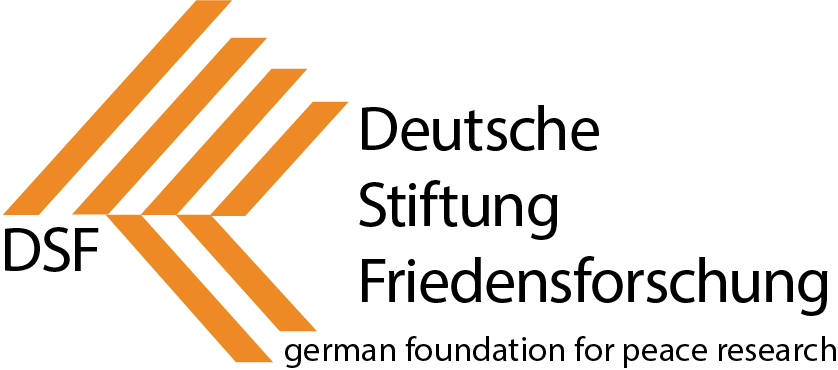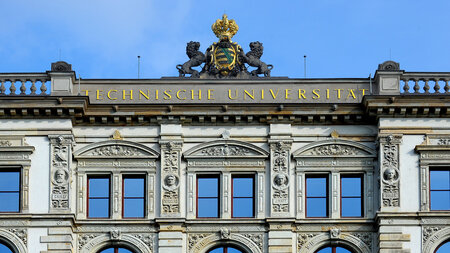Project Collaborator
External Funding Project
A Gender-Sensitive Perspective on Political Resistance under Military Dictatorship – Narratives of the Realities of Life for Women Activists in the Anti-Franco Resistance in Catalonia (1960-1977)
Project Leader: Dr Silke Hünecke
Institution: Institute for European Studies and Historical Sciences, Chemnitz University of Technology.
Funding: German Foundation for Peace Research (DSF)
Project on the page of the German Foundation for Peace Research (DSF) and on social media Instagram

Funding Amount: 149,730.00 euros
Project Type: Profile Project
Project Duration: 30 months
In conflict research, specifically in resistance and gender studies, the research phenomenon of ‘the realities of life for women activists in resistance movements against military dictatorships in the 20th century’ contains a number of gaps. The aim of this project is to analyse this phenomenon on the basis of the political resistance in late-Francoist Catalonia (1960-1977). Applying gender as a systematic and conceptual category will allow new and differentiated insights into this research topic to be generated. The study’s initial hypothesis is that under Francoism, women were confronted not only with an authoritarian military dictatorship but also with an anti-feminist, patriarchal social system. This ‘dual repression’ determined the realities of life for women political activists since, as the fundamental regulatory system, National-Catholic Francoism’s patriarchal gender structure affected all areas of life, even the male-dominated anti-Francoist resistance movements. The focus of this project will be to explore the effects this determinative gender structure had on women activists as well as on women’s gendered empowerment strategies and resistance practices. Another specificity of this study is its focus on the region of Catalonia. It will thus also include such aspects as Francoist anti-Catalanism (including political, cultural and linguistic repression) as well as the particular characteristics of anti-Franco resistance in this region (e.g. the influence of the Catalan national identity).
The core of this project will consist of qualitative field research, entailing 15 narrative interviews with former women activists, conducted and analysed using a grounded theory approach. The overarching research question is: What were the realities of life for women activists – from the subjective and retrospective perspective of contemporary witnesses – during the anti-Franco resistance in Catalonia in the 1960s/70s? The research will particularly focus on the experiences and perceptions of women who contemporaneously witnessed the effects of the hegemonic authoritarian-patriarchal mentality on their everyday lives and political realities (gender-specific discrimination, oppression, exclusion, up to and including repression) as well as on their thoughts about and acts of resistance towards this authoritarian-patriarchal dictatorship and society. The interviews will be interpreted with the aid of primary and secondary literature as well as grey literature (e.g. written materials from the anti-Franco resistance).
The project will be supported on-site by academics, institutions and actors from civil society (initiatives for affected persons). The research results will be published in a monograph. Public transfer of the results will be accomplished through a website, a two-part podcast and two public events on the topic in Germany and Catalonia.
.jpg)
.jpg)
.jpg)





